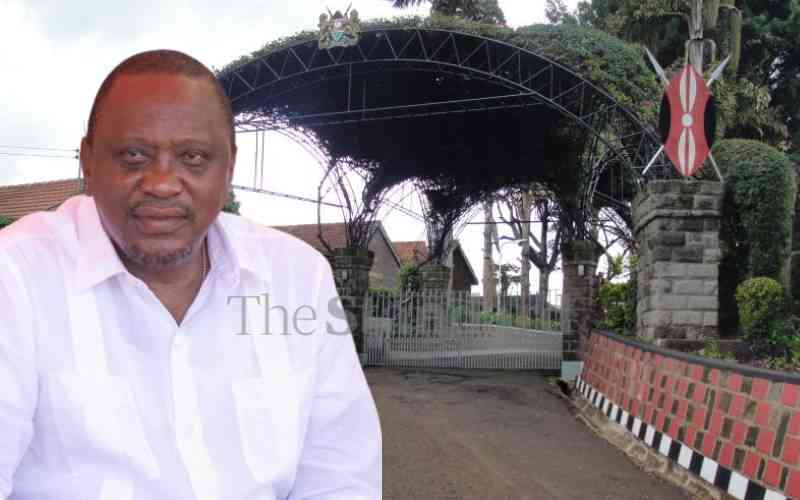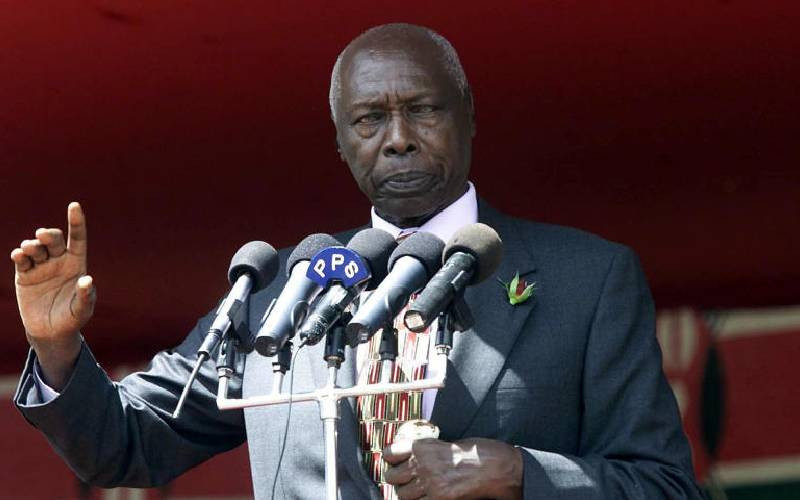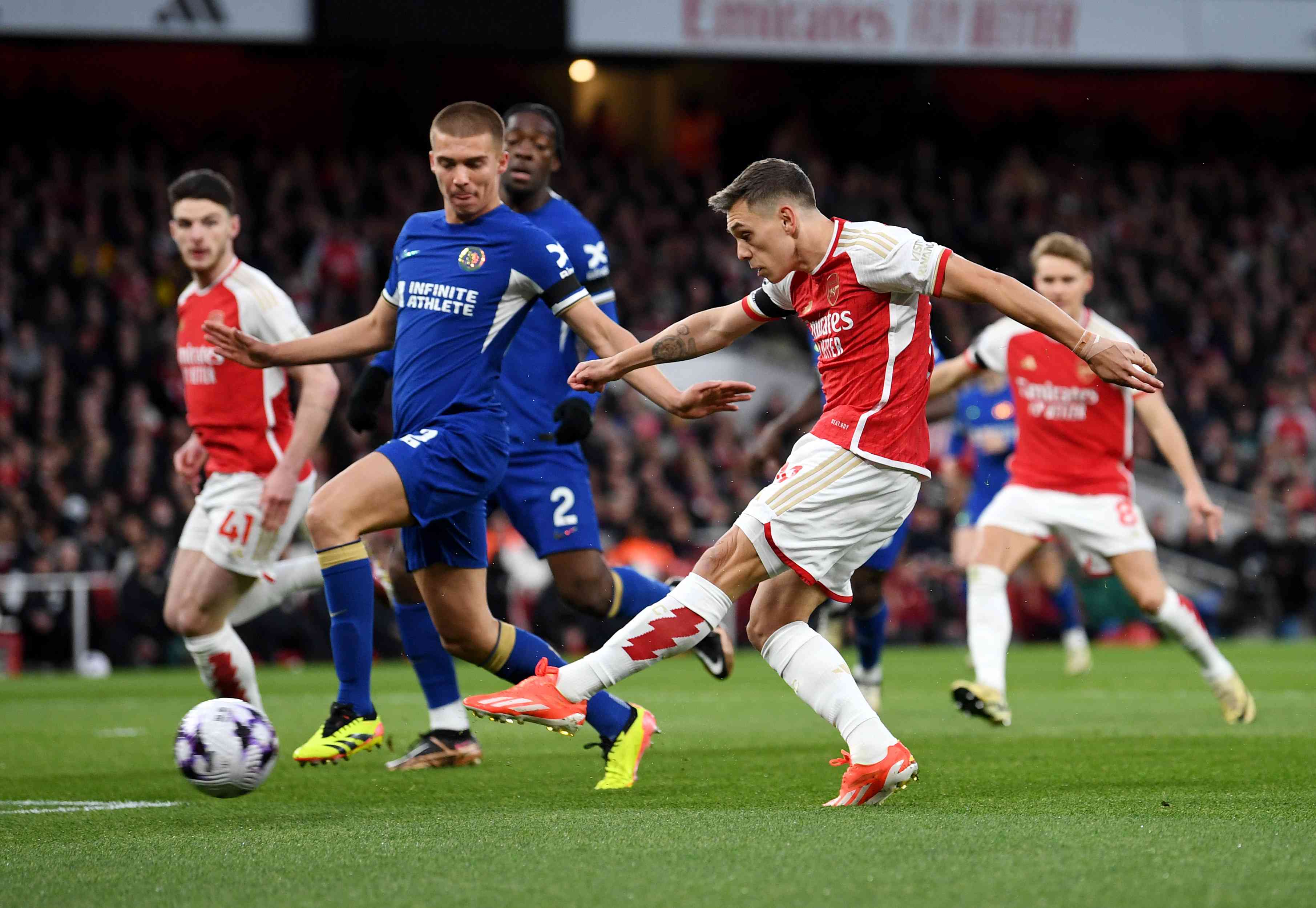 |
|
Ronald Ngala addresses delegates during the opening of an exhibition at Paa-Ya-Paa gallery in Nairobi, 1966. [PHOTO: FILE] |
By PATRICK BEJA
NAIROBI, KENYA: He is arguably the greatest politician from the Coast and though he is gone, his works have cast a long shadow across the region.
He died more than four decades ago in a road accident, but Ronald Gideon Ngala’s legacy is unmatched at the Coast. Ironically, he remains more controversial in death than in life and many who stayed close to him believe history has not given him due credit for what he accomplished, particularly in national politics.
Family and friends believe the patriarch was actually the first Kenyan Prime Minister, a recognition they claim is wrongly accorded to founding President Jomo Kenyatta by historians.
Ngala became Kenya’s first Chief Minister in 1962 (when the first elections of the largest nationalist political parties were held) and formed the government when James Gichuru of Kanu, which won the polls, refused to do so.
“The facts of history are known but there is always a tendency to sweep them under the carpet to deny him due credit,” said his eldest son and former long-serving Cabinet minister Noah Katana Ngala.
He argued that the then Minister for Transport and Communication was equivalent to the Prime Minister and that is why history should be rewritten to accord him his right status as one of the main players in Kenya’s politics.
And for the first time, Katana talked candidly about what his family believed regarding his father’s death on Christmas day in December 25, 1972.
According to the official government’s report, Ngala’s car rolled on Jamhuri Day after bees attacked him as he was being driven to Nairobi. Apparently, says the official account, Ngala was taken to hospital and died 13 days later with his driver surviving the alleged bee attack.
“Family members believe his death was suspicious. Before he met his sudden death, he had announced his intention to become national Kanu chairman,” Katana said.
He said following the announcement, Kanu did not hold elections until Ngala died. “These are some of the things that make us suspicious. We know he was an astute politician who kept his word. The manner by which he met his death was controversial and it cannot get out of our mind,” he said.
Conspiracy theories suggest that the massive land grab at the Coast started after Ngala’s demise.
His widow, Esther Ngala, 83, also said recently the death has remained a mystery to them.
Ngala’s friend and fellow ardent supporter of the federal system of government (Majimbo), former Kaloleni MP Dr Chibule wa Tsuma said that the pre- and post-independence politician was unmatched at the Coast.
“Ngala brought the majimbo Constitution from Lancaster and he is the father of devolution in Kenya,” Chibule said.
Stay informed. Subscribe to our newsletter
Katana said his father was brave, patriotic and helped build a strong foundation for Kenya’s governance.
The Coast hero was born in rural Kilifi County in 1922. Ngala was educated at the prestigious Alliance High School and at Makerere University College, where he received a diploma in teaching. He then began a teaching career from 1949, rising to the positions of headmaster of the Buxton School in Mombasa.
NATIONAL CAREER
Earlier on, Ngala had founded the Mijikenda Union in 1947. Since then, he became the most famous Mijikenda politician and the kingpin of Coast Province politics in the 1950’s and 1960’s.
The teacher turned politician began his national career by being one of the fourteen Africans to win a seat in the first elections held for the colonial Legislative Council (Legco) in 1957. In 1959, the Kenya National Party, a multi-racial grouping, was formed with Ngala becoming its secretary. In February 1960, he led a united delegation to the Lancaster House Conference to oppose an attempt by the British to control Kenya’s evolution to independence.
When Legco leaders split into Kanu and Kadu, Ngala was chosen as treasurer of Kanu, but he was dissatisfied with that ‘minor’ post and went over to Kadu, and was elected its President. In 1964, he dissolved Kadu which merged with Kanu in a one-party state and was appointed Cooperatives and Social Services Minister in Kenyatta’s government.
When Kanu leader Jomo Kenyatta was held in detention, the British government gave KADU the opportunity to form a government with the promise that Kenyatta would be released in four months. Ngala was appointed leader of “government business.” But with the release of Kenyatta, Ngala was relegated to the background.
Apart from forming the government as Kenyans awaited Kenyatta’s release from prison Katana said that his father arranged to have a house built for Kenyatta at his Gatundu home and bought him a sleek car, registration number KHA 1, which translated to ‘Kenyatta Home Again’.
Ngala remained close to the Coastal people and championed education, health and other aspects of development.
Recently, family members completed construction of his mausoleum at his Vishakani home in Kaloleni, Kilifi county, at a cost of Sh10 million.
Ngala is not only remembered for placing the Mijikenda community on Kenya’s political landscape, but also as one of Kenya’s leaders in the fight for independence.
 The Standard Group Plc is a
multi-media organization with investments in media platforms spanning newspaper
print operations, television, radio broadcasting, digital and online services. The
Standard Group is recognized as a leading multi-media house in Kenya with a key
influence in matters of national and international interest.
The Standard Group Plc is a
multi-media organization with investments in media platforms spanning newspaper
print operations, television, radio broadcasting, digital and online services. The
Standard Group is recognized as a leading multi-media house in Kenya with a key
influence in matters of national and international interest.
 The Standard Group Plc is a
multi-media organization with investments in media platforms spanning newspaper
print operations, television, radio broadcasting, digital and online services. The
Standard Group is recognized as a leading multi-media house in Kenya with a key
influence in matters of national and international interest.
The Standard Group Plc is a
multi-media organization with investments in media platforms spanning newspaper
print operations, television, radio broadcasting, digital and online services. The
Standard Group is recognized as a leading multi-media house in Kenya with a key
influence in matters of national and international interest.










